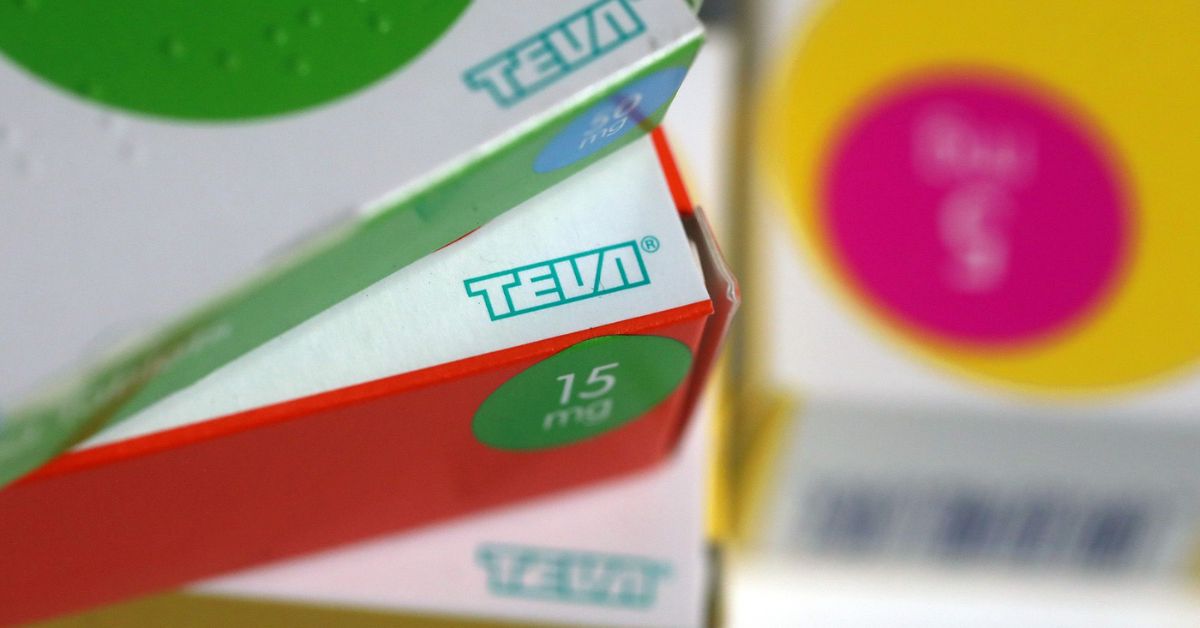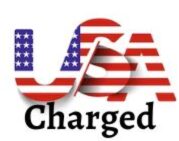Two big generic drug companies decided on Monday, 21 August, 2023 to settle long-running criminal price-fixing charges with the Justice Department. As part of the settlement, the drugs in question will be sold off, which is an unusual step.
Court documents say that the U.S. branches of Teva, which is based in Israel, and Glenmark, which is based in India, are paying $225 million and $30 million, respectively. The companies decided to enter into deferred prosecution agreements. This is a way to settle a case where charges are dropped, but the company has to admit that it did something wrong. It can be charged later if it doesn’t stick to the deal.
Teva will also give $50 million worth of drugs to groups that help people in need.

Both of the companies decided to sell the parts of their businesses that made the drug pravastatin. Most of the time, companies pay criminal fines instead of selling off lines of business to settle illegal charges.
Assistant Attorney General Jonathan Kanter of the Justice Department’s Antitrust Division said, “Today, the Antitrust Division and our law enforcement partners hold two more pharmaceutical companies accountable for raising the prices of essential medicines and making it hard for Americans to get prescription drugs at prices they can afford.” “The resolutions include extraordinary measures to fix the problems, such as splitting up assets and bringing competition back to the industry,”
Teva admitted that it had set prices for pravastatin, clotrimazole, which is used to treat skin diseases, and tobramycin, which is used to treat cystic fibrosis. Glenmark said that it had set the price of pravastatin.
Teva said in a statement that the behavior happened between 2013 and 2015 and was done by a single employee. The company is glad the case is over.
“Glenmark is committed to being a socially and ethically responsible company,” said Sanjeev Krishan, president of Glenmark’s U.S. business. “We have spent a lot of time and money strengthening our compliance practices to make sure we have the highest ethical operating standards.” “We will continue to do business in the most honest and open way possible.”
The settlements end a criminal investigation of the generic pharmaceutical business that has been going on since 2014. Sandoz, which is owned by Novartis, is one of the five other companies that have signed deferred prosecution deals and paid criminal fines totaling $426 million.
Charges of fixing prices are being brought against a top sales executive at Taro Pharmaceuticals. These charges come from the same investigation.
Glenmark was charged in federal court in Philadelphia in July 2020, and Teva was added to the charge the next month. Pravastatin prices were fixed by Teva, Glenmark, and Apotex, who agreed to pay an illegal fine of $24 million.
Teva was also accused of working with Taro, which had already paid a fine of $205.6 million, to fix the prices of drugs like those used to treat seizures, bipolar disorder, arthritis, eczema, and blood clots. Teva was also accused of working with Sandoz, which had already paid a fine of $195 million, to fix the prices of drugs used to treat arthritis, high blood pressure, brain cancer, and cystic fibrosis.
Even though Teva was the last and biggest generic drugmaker to be charged, many other companies are facing legal claims in class-action lawsuits and cases brought by almost every state attorney general in the country.
Stay tuned to our website usacharged.com.com for more regular news




